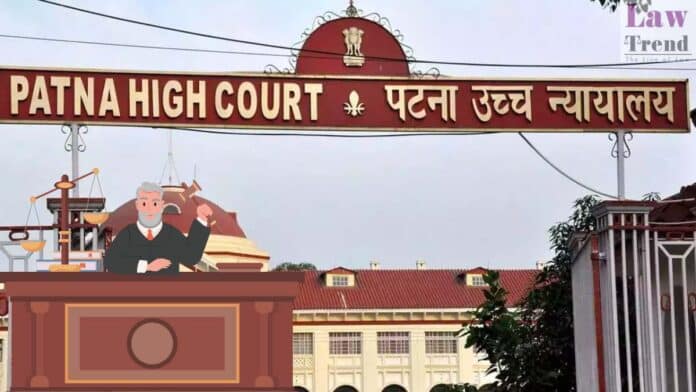In a landmark judgment, the Patna High Court acquitted a man convicted of rape under the Indian Penal Code (IPC) and the Protection of Children from Sexual Offences (POCSO) Act. The court cited significant contradictions in the victim’s testimony and a failure by the prosecution to establish foundational facts, particularly the victim’s age. The judgment
To Read More Please Subscribe to VIP Membership for Unlimited Access to All the Articles, Download Available Copies of Judgments/Order, Acess to Central/State Bare Acts, Advertisement Free Content, Access to More than 4000 Legal Drafts( Readymade Editable Formats of Suits, Petitions, Writs, Legal Notices, Divorce Petitions, 138 Notices, Bail Applications etc.) in Hindi and English.




